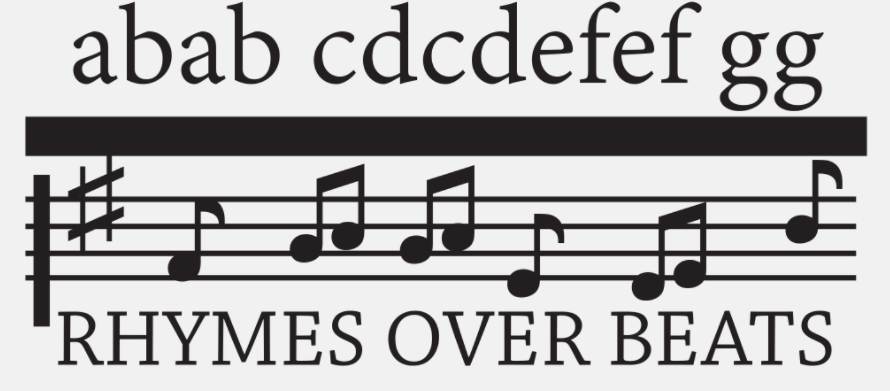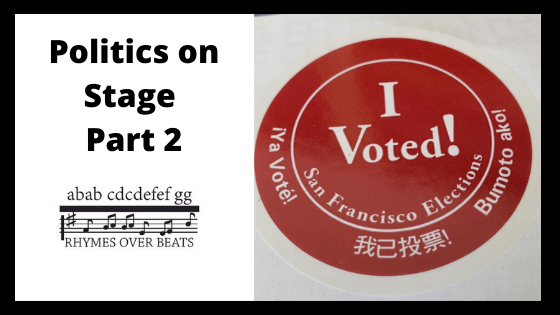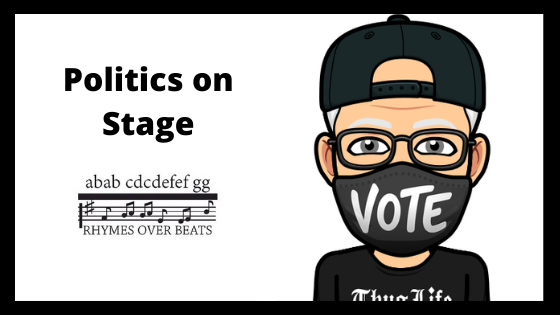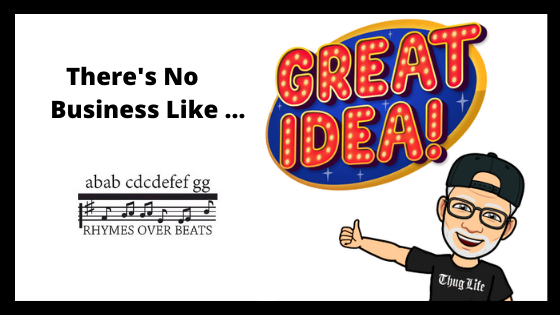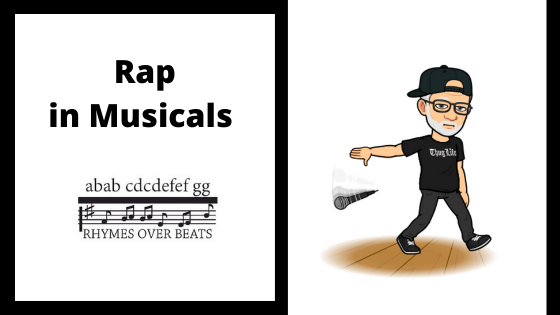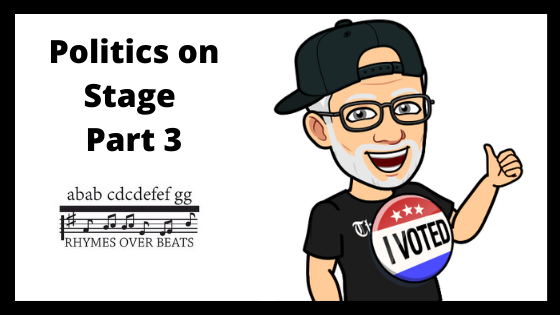
Politics on Stage Part III
Staging Political Plays Part 3
This will be the last blog about political plays at least for a couple of years.
The first one focused on one play as an example of how political plays can be both dated in some areas, and right on point in others. The second was about the ways in which political plays are political – either explicitly political, implicitly political, or an older play that was explicitly about a specific political situation when written, but can now become an implicit comment on a current political situation.
This blog post is about the effect political plays might have in the real world. In essence, do political plays change anything?
I’m going out on a limb here and saying – maybe.
Past Examples of Political Plays
In some cases, say Richard III by William Shakespeare, it doesn’t seem to have had much effect. No matter how bad Shakespeare made the character of Richard, his great nephew became king of England.
But in the case of the contemporary play The Exonerated, it had a direct effect in the real world. After seeing this political play that was critical of the death penalty, the governor of Illinois commuted the sentences of everyone on death row to life in prison.
Theater CAN effect change.
If you are going to write a political play because you want to change things, you may or may not actually effect the change you’re seeking. But if you are going to write a political play the thing to keep in mind is “more art, less propaganda.”
The best thing that can change things politically is to vote. Did you vote yet?
Make sure you vote.
Rhymes Over Beats is a political theater company.
Please Vote.
